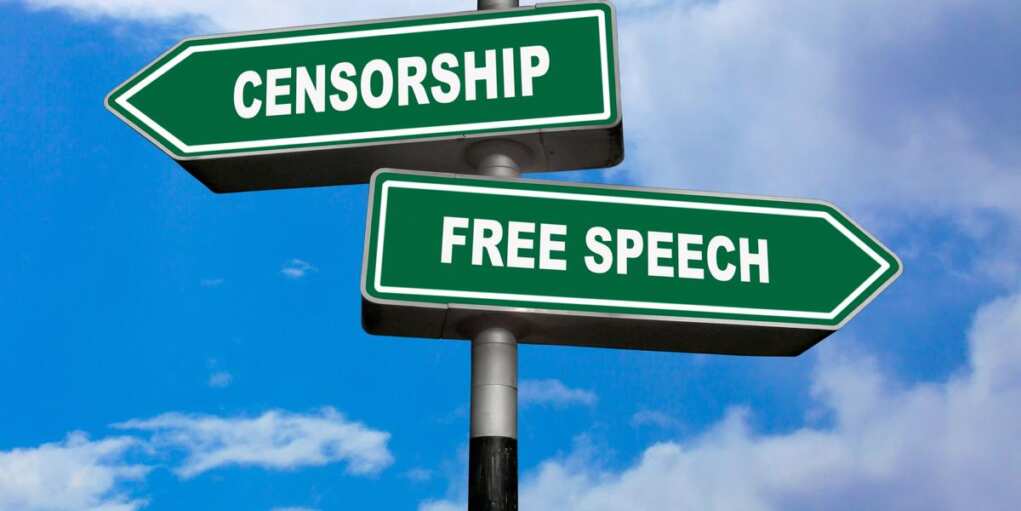Top Legal Mind Says Free Speech Protections Could Be About to Change

Harvard law professor emeritus Alan Dershowitz issued a striking prediction this week: the U.S. Supreme Court may be preparing to tighten the limits of free speech protections in response to a surge in politically motivated violence across the country. Speaking Monday on Newsmax, Dershowitz signaled a shift may be on the horizon, where national security begins to outweigh the absolute freedom of expression—especially when it comes to inciting rhetoric.
Dershowitz pointed to a recent terror-style assault at a pro-Israel rally in Boulder, Colorado. There, an illegal migrant who had overstayed a visa under the Biden administration reportedly attacked demonstrators with a flamethrower and Molotov cocktails. Federal officials said it was a direct result of extremist rhetoric turning into violence.
“I’m not saying I would favor it,” Dershowitz told Greta Van Susteren, “but if you’re asking me as a legal scholar to make a prediction, I would bet the current Supreme Court would be open to the possibility of moving a little bit further on the side of security over free speech.”
At the heart of Dershowitz’s warning is the 1969 case Brandenburg v. Ohio, which sharply limited the government’s ability to punish inflammatory speech. Under Brandenburg, speech can only be punished if it is meant to incite imminent lawless action and is likely to do so. The precedent protected everything from fringe political rallies to extremist online commentary—but the environment has changed.
“When Brandenburg was written, we didn’t live at a time when we saw this kind of rhetoric that escalates into violence so quickly,” Dershowitz said. He added that in today’s volatile political climate, speech can serve as a real-time trigger for attacks, which could push justices to revisit the standard. “That’s a trend we may see occurring.”
The Boulder attack wasn’t isolated. Less than two weeks earlier, a gunman killed two Israeli embassy staffers near the Capital Jewish Museum in Washington, D.C., reportedly shouting “Free Palestine” while being arrested. These events follow months of antisemitic agitation on college campuses and social media platforms, often veiled as political advocacy but now increasingly associated with real-world violence.
Dershowitz’s comments come amid a broader reckoning within the legal community about whether old rules can hold up in a new era. With artificial intelligence accelerating the spread of disinformation and activist groups testing the boundaries of protest law, the Court may feel compelled to redefine what constitutes “imminent” or “likely” violence.
The political stakes are high. Any shift in First Amendment jurisprudence would send shockwaves through college speech codes, online platforms, and political activism nationwide. The Court’s conservative majority—led by Chief Justice John Roberts and Justices like Clarence Thomas and Samuel Alito—has generally leaned toward protecting religious and political speech. But as national security threats grow, that calculus could shift.
Meanwhile, critics of the Biden administration are raising concerns about the federal government’s lack of enforcement at the border, especially in light of incidents like the Boulder attack. The suspect’s visa overstay and the administration’s lax deportation policy have drawn sharp criticism from Republicans who say national security is being compromised for political gain.
As Israel continues its war against Hamas following the October 7, 2023, massacre, tensions on U.S. soil show no signs of easing. The environment is ripe for legal reexamination, and Dershowitz is betting the Supreme Court won’t stay silent.
While the First Amendment remains one of the most fiercely defended pillars of American democracy, Dershowitz’s forecast suggests even sacred protections may not be immune to the realities of modern violence.
